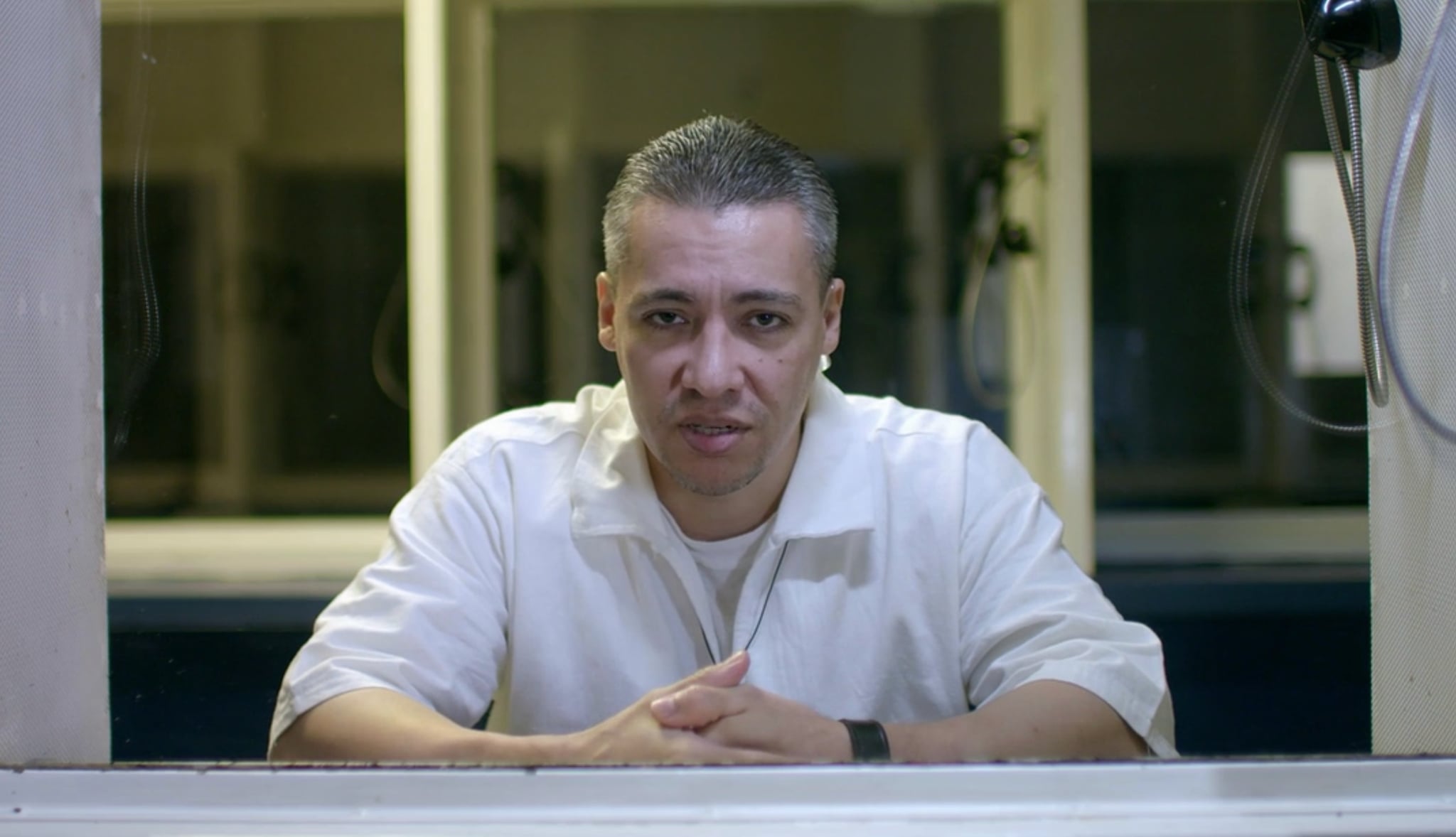When I first sat down to watch Netflix’s newest crime documentary, I expected a few things given the subject matter. Interviews with family of the victims, re-enactments of the crime and testimony from law enforcement are all common in crime dramas to build sympathy for the victims. You know who the bad guy is and become invested in seeing them caught and prosecuted. This is essential for crime dramas where police officers are seen as the good guys. There’s a very clear black and white dichotomy, and the criminal is on the black side.
“I Am A Killer” follows many conventions of the genre, like crime re-enactments and interviews with those involved in the incident. Where it diverges is on the show’s focus: the accused killer. While victims and police interviews play a large role in the story, those testimonies are only secondary to the true narrative, which is placed on the person who committed the crime.
https://www.youtube.com/watch?v=LgyrpWHfeK8
Each 50-minute episode starts with a face-to-face interview with a murderer. All the men interviewed have gone through the justice system, been found guilty of their crimes and have subsequently been sentenced to death. Where most crime shows tell you the story of the victim, “I Am A Killer” instead tells you the story of the killer. The viewer follows the narrative of the murder from their point of view, often in gruesome detail, which can be a little unsettling.
While some of the prisoners express remorse for what they’ve done, others tell their story as if it was the natural thing to do. They don’t feel bad about their actions and laugh as the interviewers are put off kilter. In these cases, unsettling is an understatement. Often, it’s terrifying. Killing another human being is unimaginable for most people, and seeing someone speak of it so casually is a shock.
Focusing the documentary on the viewpoint of the murderers allows the show to explore something most crime dramas can’t — sympathy for the criminal Most people hear about a murder through the news or other media outlets. The story that reaches them is told from the viewpoint of the victim
By presenting viewers with the story told by the criminal first, “I Am A Killer” gives viewers a chance to form a new kind of opinion that may feel foreign at first. They hear the story of each killer’s past — often involving abuse and neglect — and suddenly men that could be viewed as monsters become tragic characters instead. It almost makes sense that they would turn out the way they did based on what they went through as children.
If that idea doesn’t make sense to you, then it might be something that only becomes clear once you’ve watched the show itself. None of the criminals interviewed are innocent. Their crimes are heinous of course, but the point driven home throughout the show is that they are still human beings. They may be broken and abused, but they are human nonetheless.
By showing you their version of the story before the police’s version, “I Am A Killer” allows you the chance to question who is correct. The only people who ever know the truth about what happens when there are no witnesses are the people involved, after all. It’s a brilliant way to build tension and get you thinking, and it helps “I Am A Killer” raise a few serious questions.
Each inmate interviewed has been waiting for years — sometimes more than 20 — to get an execution date. Others saw their partners in crime get much lighter sentences for being a year or two younger. In one specific case, the court argues with a defense attorney on whether his client is mentally fit to be sentenced to death. Faults and issues within the justice system and those issues bring to light some serious questions.
Whether or not the criminal justice system is broken is questioned throughout the show and the viability of the death penalty is challenged more than once. On top of those issues are the questions of fair and equal judgments in some of the cases and a sobering discussion on whether prison should be for punishment or rehabilitation. While it touches on some pretty sensitive issues, “I Am A Killer” is careful not to take a side. Viewers will likely have different opinions on each of those issues, and the point is to bring the topic up in your mind rather than give you an answer.
That’s the most powerful part of the “I Am A Killer” viewing experience. Although none of the inmates featured are innocent, humanizing them it becomes much harder to paint over their crimes in shades of black and white. Deciding to end another human’s life is a serious decision, and as each case unfolds it becomes harder to know exactly what you would do in that situation if you had to make a choice. Do you follow what the law says exactly, or show mercy? Does the man who was driving a car while his friend killed someone deserve the death penalty as well?
There are no easy answers to find. In the end, no matter what your viewpoint on the death penalty is, “I Am A Killer” will likely get you to rethink it. That’s a powerful ability that most shows can’t master. So, while are many other crime documentaries I can recommend that are better than “I Am A Killer,” none of them made me feel as conflicted as Netflix’s newest show.

















